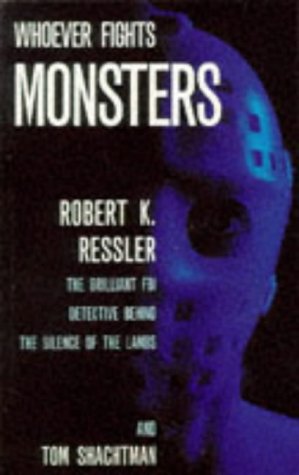Shell
Premium Platinum
Ah yep just googled, its come back to me. Money and because he was scared his Ford Fiesta was going to be taken off him.
Perfectly acceptable reasons for murdering your whole family absolutely.
Perfectly acceptable reasons for murdering your whole family absolutely.





 .... Id never believe in something enough to stop eating.
.... Id never believe in something enough to stop eating.
